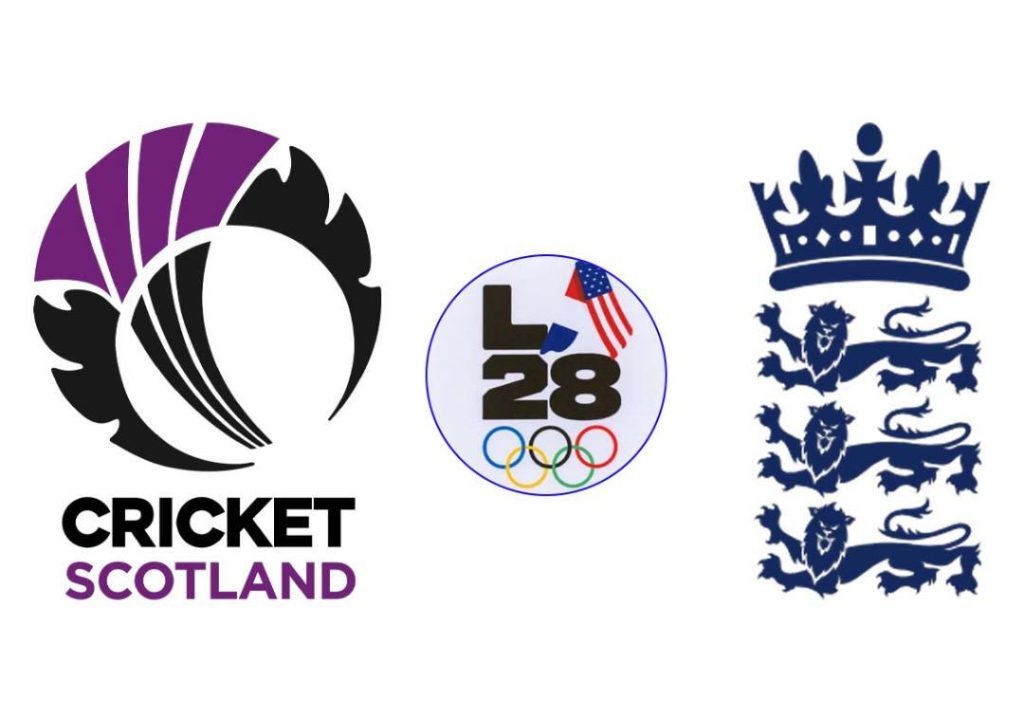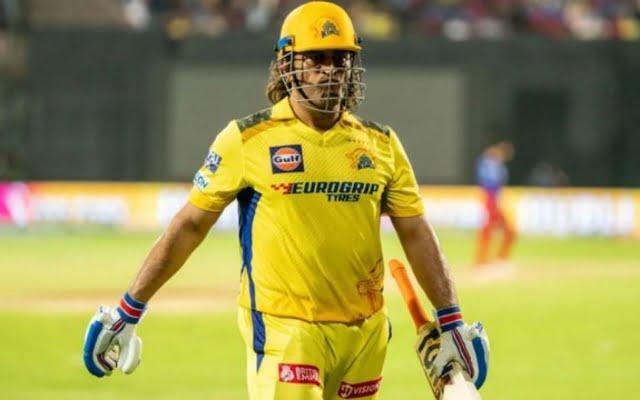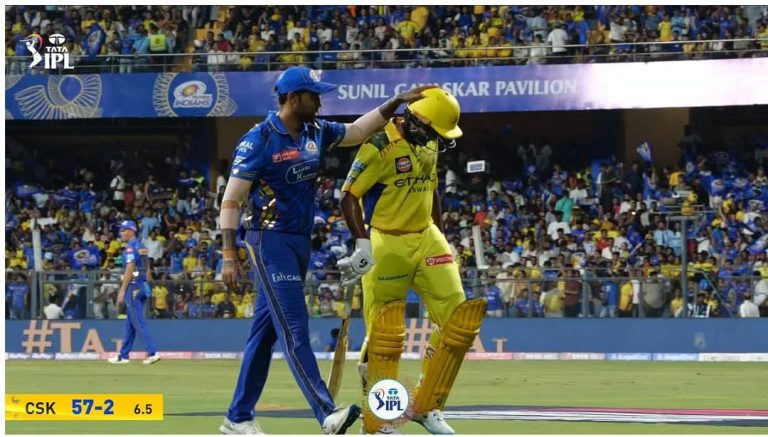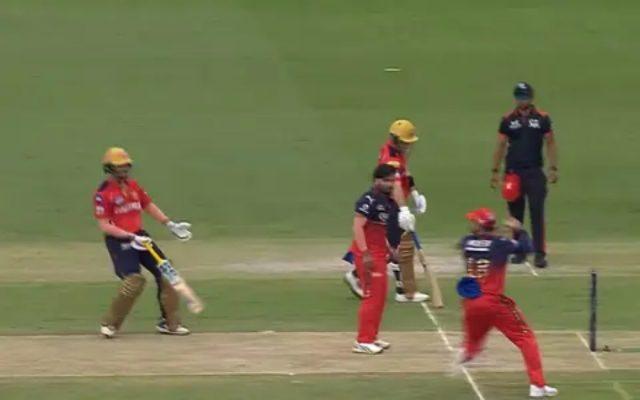
Scotland & England in Talks over Forming Britain Team for LA Games
The world of cricket is abuzz with the latest development in the Olympic Games. With the 2028 Los Angeles Olympics just around the corner, the governing bodies of Scotland and England are in talks to form a combined team to represent Great Britain. This move comes as a surprise to many, given the historical rivalry between the two nations in the sport.
Cricket Scotland Chief Executive, Trudy Lindblade, recently opened up on the scenario, stating that they have been in talks with the England and Wales Cricket Board (ECB) and are in the process of establishing a Team GB cricket entity. This move would see Scotland and England merge their cricket teams under the name of Great Britain, a development that could have significant implications for the sport.
The idea of a combined team is not new, but it has gained momentum in recent years. The International Cricket Council (ICC) has been pushing for the inclusion of cricket in the Olympic Games, and a combined team could be a major step forward in achieving this goal.
So, what are the benefits of a combined team? Firstly, it would give Great Britain a stronger presence in international cricket. With Scotland and England combining their resources and talent, they would be a formidable force on the international stage. Secondly, it would provide a platform for the growth of the sport in the UK. A combined team would attract more attention and interest from fans and sponsors, which could lead to increased investment in grassroots cricket.
Another significant benefit is the potential for more opportunities for players. A combined team would provide a pathway for players from both Scotland and England to compete at the highest level, giving them a chance to represent their country and compete against the best teams in the world.
However, not everyone is convinced that a combined team is the best idea. Some have raised concerns about the loss of national identity and the potential erosion of the unique cultures and traditions that make each country’s team special.
For Scotland, cricket is not just a sport, but a way of life. The country has a rich cricketing heritage, and the national team has a loyal following. Merging with England could lead to a loss of national pride and identity.
Similarly, England has a long and storied history in cricket. The national team has won numerous international titles, and the sport is deeply ingrained in the country’s culture. A combined team could lead to a loss of national pride and a sense of identity.
Despite these concerns, Cricket Scotland Chief Executive, Trudy Lindblade, remains optimistic about the potential benefits of a combined team. “We believe that a combined team would be a huge step forward for cricket in the UK,” she said. “It would give us a stronger presence on the international stage and provide more opportunities for players from both Scotland and England.”
The ECB has also welcomed the idea of a combined team, stating that it would be a “historic opportunity” for the sport. “We believe that a combined team would be a great way to promote cricket in the UK and give our players more opportunities to compete at the highest level,” said an ECB spokesperson.
While the idea of a combined team is still in its infancy, it is clear that there are many benefits to be gained from this move. A combined team would give Great Britain a stronger presence in international cricket, provide more opportunities for players, and promote the growth of the sport in the UK.
However, it is also important to recognize the potential drawbacks. A combined team could lead to a loss of national identity and the erasure of unique cultures and traditions. It is crucial that the governing bodies of Scotland and England take these concerns seriously and work to ensure that the interests of both countries are represented.
As the 2028 Los Angeles Olympics approach, the world will be watching to see if Scotland and England can come together to form a combined team. If successful, it would be a historic moment for cricket, and a major step forward for the sport in the UK.






